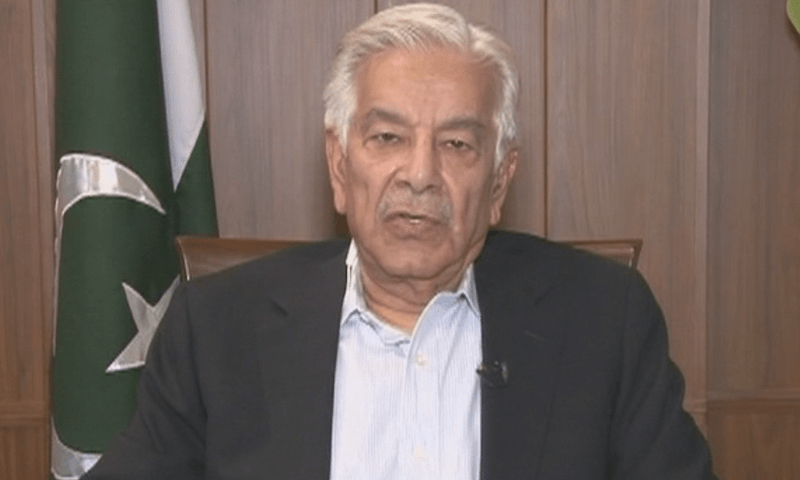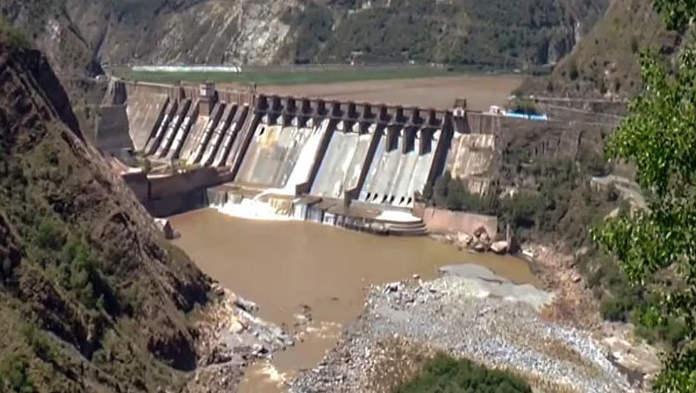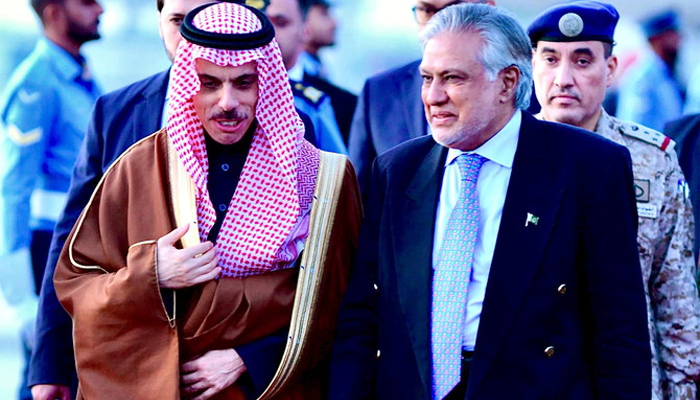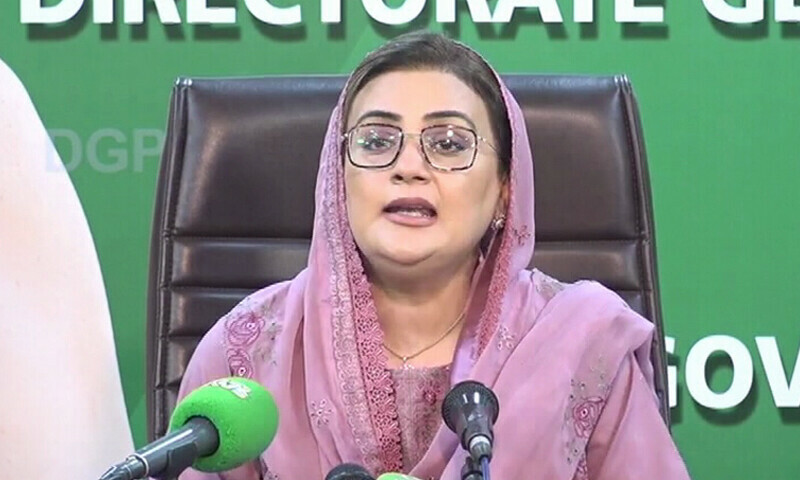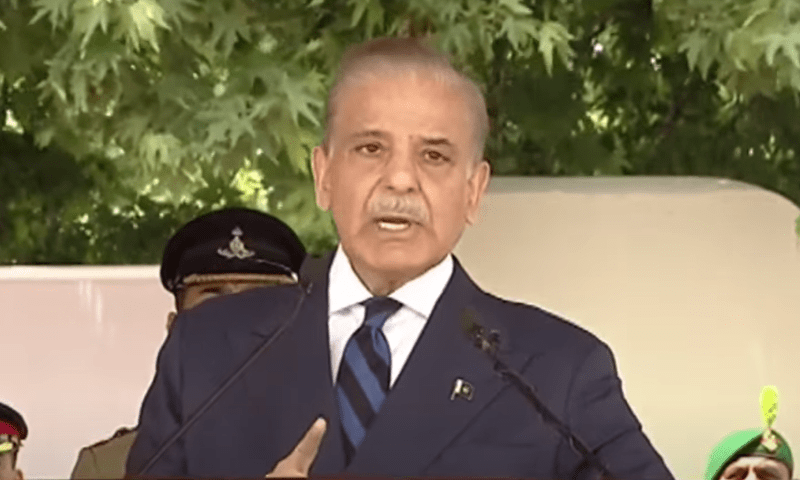POLITICS & POLICY MAKING
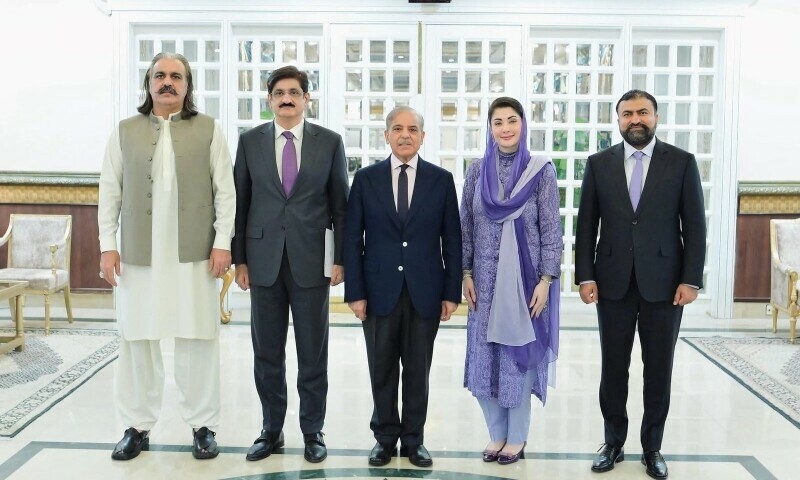
In a crucial development, the Council of Common Interests (CCI) on Monday decided to halt the contentious Cholistan canal project until all provinces reach a mutual consensus. The decision follows months of public protests, legal sit-ins, and political pressure — particularly from Sindh — over concerns about the project’s impact on water distribution.
The Cholistan project, inaugurated in February by Chief of Army Staff Gen Asim Munir and Punjab Chief Minister Maryam Nawaz, aimed to irrigate lands in South Punjab. However, it sparked immediate uproar in Sindh, where political leaders and civil society argued that it would unfairly divert already scarce water resources.
During the CCI meeting, chaired by Prime Minister Shehbaz Sharif and attended by key federal and provincial leaders, it was decided that no new canals would be constructed without unanimous agreement among provinces. The federal government emphasized the importance of national cohesion and ecological security, stressing that water issues must be resolved amicably in line with the Water Apportionment Accord, 1991.
A federal committee, including representatives from all provinces, will now be tasked with drafting a long-term plan for water management and agricultural development.
The protests, led by traders, farmers, the legal community, and transporters, had severely disrupted interprovincial trade, blocked highways, and threatened economic stability. The All Pakistan Goods Transport Alliance (APGTA) also announced a protest outside the Sindh Chief Minister’s House in Karachi.
Sindh ministers, particularly Sharjeel Inam Memon, played a pivotal role in pushing for an early CCI meeting to resolve the crisis, highlighting the economic losses caused by transport blockades.
With the decision to return the provisional Ecnec approval and suspend IRSA's water availability certification, the federal government has taken a significant step toward easing tensions. However, observers note that the situation remains fragile until a comprehensive water-sharing framework is developed and agreed upon by all provinces.
